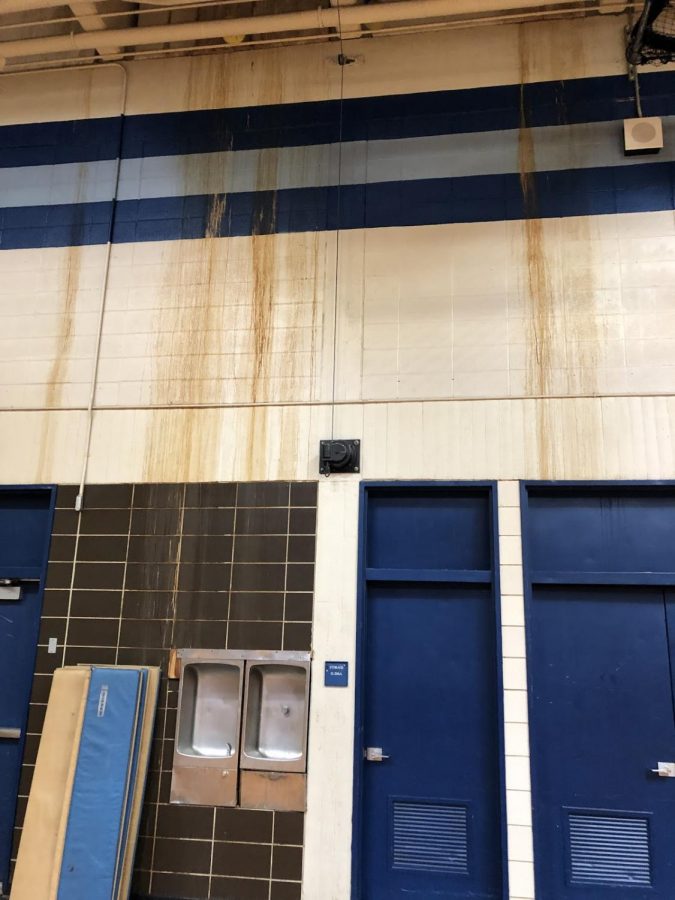Students should not be punished for their words or actions outside of school on their own time because it is not disrupting to their learning environment
Mahanoy Area School district v. B.L. showed students off campus behavior especially on social media should not lead to disciplinary actions at school. This case was based off of the court ruling that stated the school district violated a students first amendment right by punishing her for a post made on Snapchat. A similar case, Morse v. Frederick, displayed that schools have the right to regulate speech on school grounds however speech off school grounds should be protected unless it directly harms/affects the school or learning environment. While actions and behavior especially on social media outside of school grounds is a point of high tension it usually does not directly affect the safety of the learning environment.
A Schools authority to punish students is based upon maintaining a safe and productive learning environment. If an action doesn’t disrupt said environment or directly harm others included in the environment then it falls out of the schools jurisdiction. The ruling in Mahanoy Area School district v. B.L. enforces that schools cannot extend authority to private places outside of school unless it is causing issues around the school or in the classrooms directly.
Some would argue that schools should have the right to discipline students even outside of school especially when actions are deemed harmful. Incidents like cyber bullying or threatening claims or language online could be used as an example of this because it could be considered a direct threat of safety even if it occurs off school grounds.
While some instances can affect the environment at school it is important to distinguish actions that disrupt the school directly and behavior that may be inappropriate but has no correlation to the school. In the case of Mahanoy Area School district v. B.L. While the actions were possibly controversial it did not affect the learning environment.
Schools also have legal systems in place to deal with things like bullying or direct threats to schools. But reprimanding students for things done off campus and after school hours would violate students’ first amendment and blur the line between personal and institutional authority.
While it is important for schools to keep a safe and productive environment for students, their rights of freedom of expression cannot be infringed upon for occurrences outside of school. Precedents set by supreme court cases reinforce the rights of students and make sure schools do not improperly punish students that did something completely unrelated to the school.




